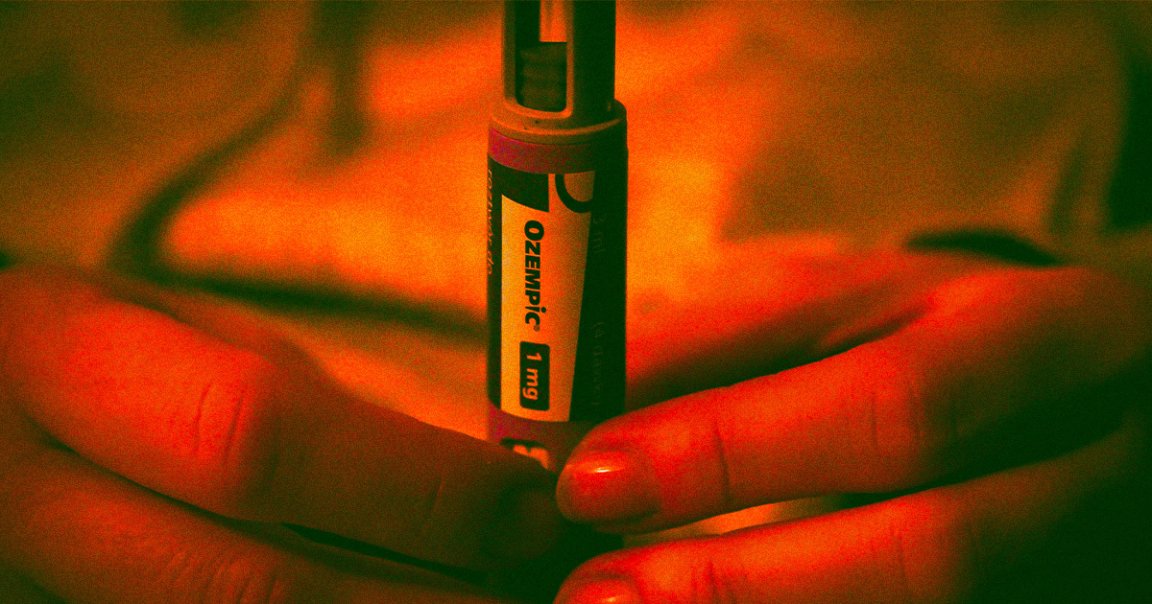
More and more adolescents are using Ozempic and Wegovy than ever before — and that might not necessarily be a good thing.
A new study published in the Journal of the American Medical Association reports that among people aged 12-25, there was an uptick of nearly 600 percent in prescriptions for GLP-1 agonists like Ozempic and Wegovy over the last three years.
In 2020, the study found that roughly 8,700 prescriptions for GLP-1 drugs, which mimic the feeling of fullness in the stomach and have been on the market for decades before Ozempic hit the scene, were written per month.
By 2023, the same year that the American Association of Pediatrics began recommending that teens receive both weight loss surgery and medication in efforts to treat childhood obesity more aggressively, that number had jumped to more than 60,000.
Some youthful recipients of the difficult-to-obtain medication have seen incredible results, like Tennessee teen Israel McKenzie, who told the Associated Press that he’d lost 110 pounds over nine months and felt much better about himself and his health.
But between the side effects these drugs can produce and the prevalence of eating disorders among young people, those sorts of stories, and the surge of young people being prescribed these drugs may not quite be cause for celebration.
Perhaps one of the biggest issues with drugs in this class is its wide range of side effects, which include everything from dizziness, stomach cramps, and nausea to more severe illnesses like gastroparesis, which is when one’s stomach becomes paralyzed.
Because there hasn’t been much study into how GLP-1s affect adolescents specifically, there doesn’t appear to be any greater risk of teens developing GLP-1 side effects.
Nevertheless, the concept of giving a child a medication that they or a parent have to inject and which may make them sick does raise questions of consent, especially if the teen is too young to understand the consequences or is being put on these drugs against their will.
In short, it’s a topic deserving of plenty of nuance. Paired with the pop culture obsession with Ozempic as a sort of memetic shorthand for quick weight loss, some doctors are concerned that teens may be getting the wrong signals.
“If young people get the message ‘your body is wrong and in order to fix it, here’s a pill,’ it can set off a cascade of turning to quick fixes, low self-esteem, and negative body image that can take years to undo,” dietician and wellness expert Lexy Penney told WebMD earlier this year.
More on Ozempic: Online Pharmacy Launches Cheaper Version of Ozempic